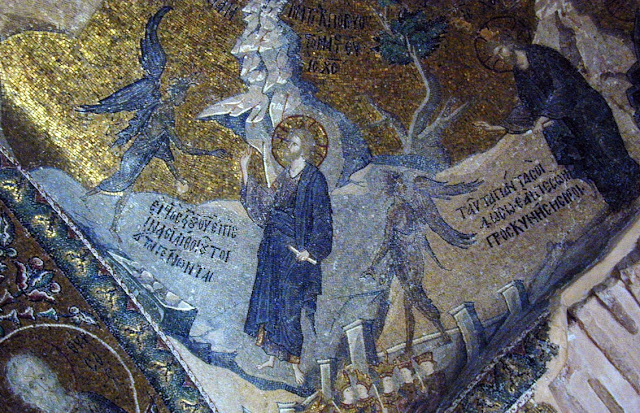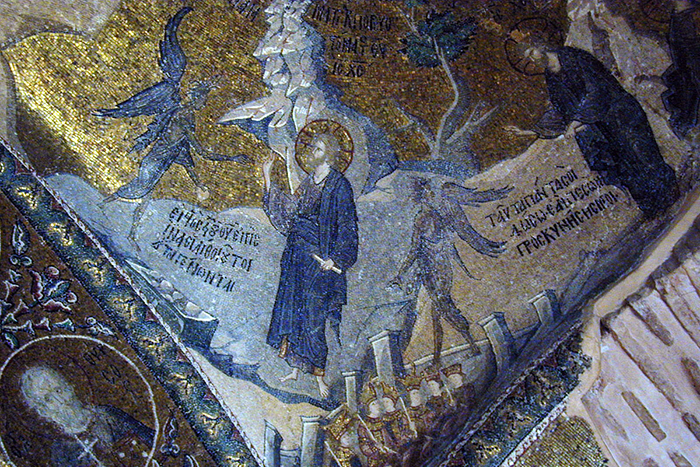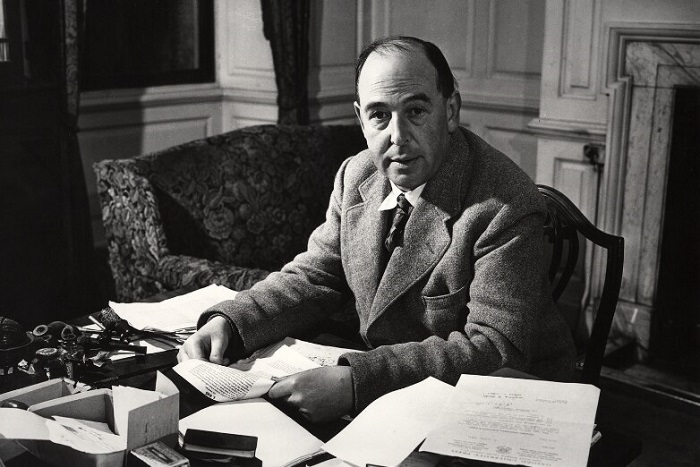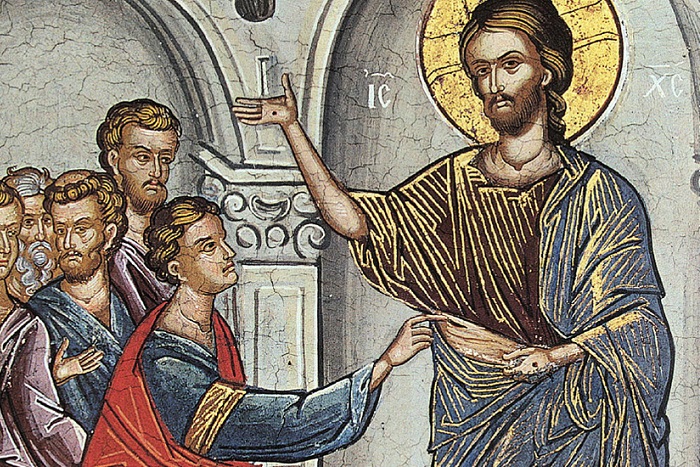
The didactic imitation of the fast of Christ during the time preceding the days in which the sufferings, the death and the glorious resurrection of Christ are remembered, gives to the Holy Forty Day Fast a special meaning and value for us. The suffering of the Savior and His Resurrection grant to all of us hope even for our resurrection to eternal life. But to realize this hope of receiving an eternal blessed life, we need to imitate Christ in purity and holiness of life. We need to go through the same path of life, as also did the Savior: the way of self-renunciation and self-denial and besides this, the way of struggle against the sensuality and sinfulness of our nature.
The Holy Forty Day Fast serves as the most convenient way to follow this way. “If we shall carefully observe them”, teaches the Blessed Augustine, “the Forty Days signify the life of the present age, as the days of Pascha also signify the life of eternal blessedness”. In the Forty Day Fast we have contrition, and in Pascha we have joy. And in the present life we should be repentant so that in the future life we could reach eternal blessings. So, everyone, during his terrestrial life, should sigh about his sins, pour out his tears, and do works of mercy. But if the obstacles of the world often confuse us in this, then in a larger measure we shall fulfill in our heart the sweetness of the law of God during the Holy Forty Days.
During the harvest season food for the body is gathered, so that during the season of the spiritual harvest we should gather food for the soul, which could be eaten for eternal life. If we are negligent and have not prepared anything during its season, the whole year endures famine. So the one who neglects fasting, reading the Sacred Scriptures, and prayers during this period fails to gather spiritual wheat and heavenly food for the soul, and will reap eternal thirst and heavy distress. Even the Holy Church expresses a similar idea when she prays to God for us that He guide us “in these most honorable days” of the Holy Forty Days, “for the cleansing of souls and bodies, for the abstention from passions, for the hope of resurrection”, and gave to us the power “through ascetical effort to strive for the good, to complete the course of the fast, to observe the undivided faith, to destroy the heads of the invisible serpents, and to be revealed the conqueror of sin”. In such a way the Holy Forty Days, according to the sense and meaning for us, is a paradigm of our life as it should be, i.e. life not for the flesh and this world, but for heaven and eternity.




